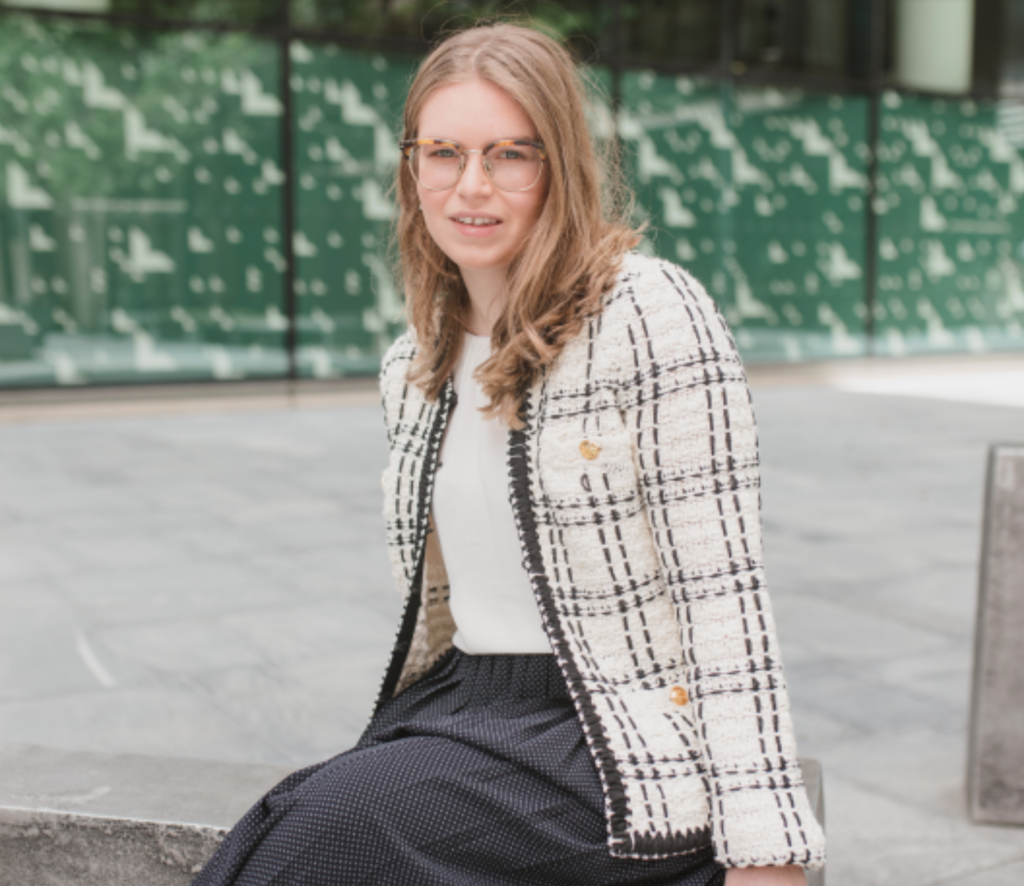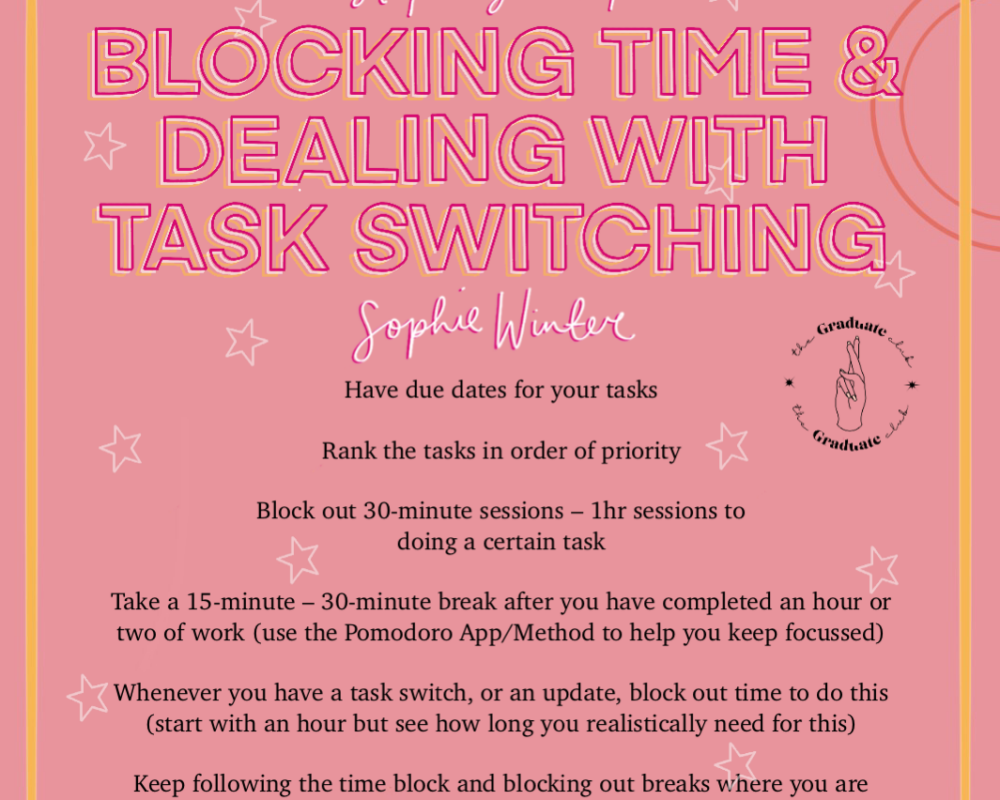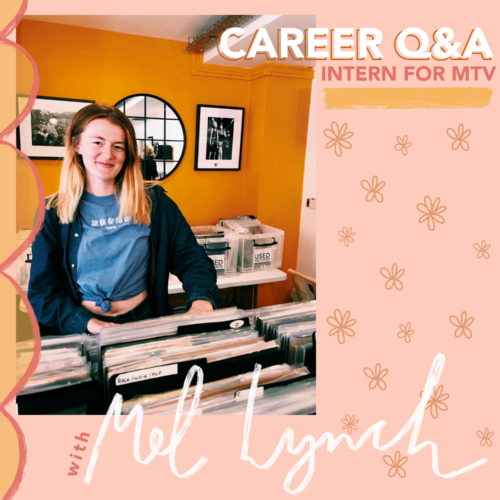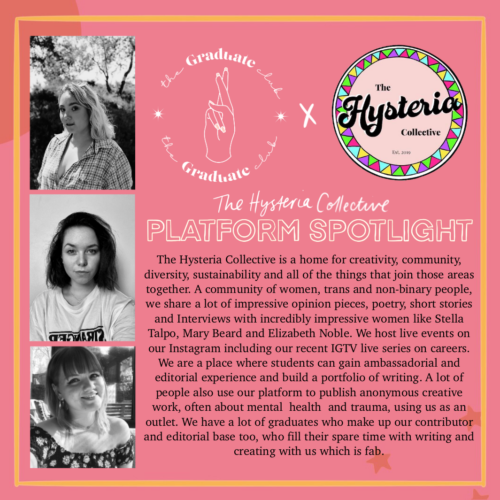
- How did you decide that University was not for you?
For me, it was never about being against university or pro-apprenticeship but rather being set on a particular university and not getting it. Originally, I wanted to go into Politics and do the PPE at Oxford route, it wasn’t just about wanting to follow the same footsteps as notable politicians such as David Cameron and Theresa May but rather when it came to researching my “dream job” back in 2016 – the majority of MPs and individuals who worked in public politics had a degree from Oxbridge and specifically, it was Politics, Philosophy, and Economics.
I actually was interested in the degree, I had completed work experience at the Institute for Government in Whitehall and enjoyed the research aspect of the internship, and looking at different political leaders’ reaction to Brexit, I write more about my experience here: https://www.instituteforgovernment.org.uk/blog/reflections-ifg-work-experience-programme. I was also actively reading a lot of philosophy books such as Think by Simon Blackburn and thinking about different political ideologies and how they were evolving over different historical events and generally was always interested in economics/businesses.
Unfortunately, my sixth form Pimlico Academy did not support my application to Oxford or wanting to pursue a route in Politics. It was a really difficult time for me as I had a genuine interest in this career path and was willing to do any additional work necessary to get the AAA grades required. My sixth form was very pro-university, it felt like in each assembly or class talk we had it was “go to any university, even a bad one, but just go to university or you would have failed in life” and I didn’t think that attitude was healthy or right for 16-17-year-olds. I always saw apprenticeships as a back-up route, I applied to other Russell Group universities such as Edinburgh, Exeter, Leeds, York, and LSE but it was not my first choice. Oxford was. I didn’t feel I was good at exams either due to having Complex PTSD and exam anxiety which I did not receive much support for so that was another factor I considered when choosing the apprenticeship route, I thought I was always good at technical tasks such as coursework, project, homework but I absolutely hated exams and my anxiety would get the best of me.
I have days where sometimes I do wish I went to Edinburgh University and other days where I’m glad I did things differently and stuck to my grounds of wanting to build a professional career whilst in my early 20s and believe that my experience is helping me closer to whatever is the best next career step.
- What made you want to become a career blogger?
I have always been creative and enjoyed writing. The whole ‘career blogger’ website (sophiewinter.co.uk) was a side project I had started in 2020 and I had focused more attention on it during lockdown and enjoyed having a hobby that was completely different from my day job.
I currently work as a Senior Audit Associate at the Big 4 and my job is basically Excel, numbers, more numbers, audit reports, and doing testing in Excel. Whilst I’ve learned a lot about finance, businesses, corporate and dealing with clients, it did not provide me with the creative stimulant I needed so I thought to myself – why don’t I start a website and social media about my experiences as someone who is working in corporate at 20. Also, the qualification I do as part of my L7 Finance Apprenticeship includes the ACA. There are currently overpriced tutors who charge £80 an hour or little to no support whatsoever for these exams, I wanted to provide free study resources to people who were self-studying this qualification or doing it whilst working 40+ hours a week in an accounting firm. No one should struggle in silence and I do not think my company offered much 1:1 support in helping me pass these exams. I did attend lectures at BPP University but was very slow at receiving a response to any questions I had outside of class hours.
After I had finished my GCSEs up to the point of completing A-levels, I’d always been driven to have a part-time job and typically it’d be me working in a coffee shop. I love serving customers, meeting new people, and networking (I’m sure Starbucks would give me a scowl for all the times I’d ask for customer’s business cards and listen to their day job challenges). This also led to my school friends and people in sixth form asking me how to get a job and I’d end up becoming the ‘Fairy Job Mother’ and help my friends find a part-time role in retail/coffee shops/department stores etc.
3 years later, I’m starting to feel a bit more comfortable in my role and progressing the corporate career ladder but, even from day 1 I always felt that it was a struggle, it was hard, it was long hours and I didn’t have guidance. No one told me working in Finance at a big firm would make you feel like you are 26 when you are only 21 years old. My company always had a mentoring/ buddy scheme and I enjoyed helping any interns / more junior grades with any questions they had about the work, the company, the corporate lifestyle and this became a passion and thus sophiewinter.co.uk was born.
I do not ever see it as a full-time job but rather something I can do in my free time and connect with other like-minded young professionals. It is super hard meeting other apprentices from different companies who have maybe gone through a work challenge similar to what I have.
- What tips would you give for staying productive whilst working from home?
Yes, I have loads but to be brutally honest with you – I hate working from home and I really struggle with it! It is ok not to stay productive all day long, it’s ok to have ‘off’ days and hate your job or feel depressed or sad about the state of the world.
The challenge with working from home is being able to deal with periods of uncertainty, household chores, a boyfriend who says that you do not give him enough space and 5 Zoom calls a day. There are a million articles that will tell you how to stay motivated and productive, but I didn’t feel they went outside the box for me. I tried the Pomodoro technique and sometimes that would work but other times it would not if I was not enjoying my work.
Firstly, in my article I talk about the obstacles I have experienced working as an Accountant from home, one of these which I still struggle with is having a consistent routine. My sleep has been messed up due to COVID – I have vivid dreams; I struggle to go to bed earlier and I end up oversleeping the next morning. Another obstacle I have had is doing my day job as efficiently as I would like. Audit is very much client-facing and dealing daily with meetings, calls, and back and forth emails between someone who works in the Finance team, my team, and myself.
So many articles say to “eat the frog”, write a to-do list or time block ( most of my article actually does say this too) but I also talk about how you can deal with uncertainty daily in your job; TASK SWITCHING.
Task switching is essentially when you are working on one task and focused and then out of the blue told by another team member or your Manager to work on something completely different. You need to create a system in place for getting things done and dealing with change and uncertainty (especially if you are relying on Managers delegating your work). In my job, I probably deal with 1-2 task switches in a day, sometimes more. Even having 3-5 conference calls a day can be a factor for impacting your priorities due to having less time.
My Step-by-Step System for blocking time and dealing with task switching:
- Have due dates for your tasks
- Rank the tasks in order of priority
- Block out 30-minute sessions – 1hr sessions to doing a certain task
- Take a 15-minute – 30-minute break after you have completed an hour or two of work (use the Pomodoro App/Method to help you keep focussed)
- Whenever you have a task switch, or an update, block out time to do this (start with an hour but see how long you realistically need for this)
- Keep following the time block and blocking out breaks where you are away from your laptop screen
You can read the remaining 4 tips I use to stay productive here: https://sophiewinter.co.uk/how-to-stay-productive-when-working-from-home
- Do you have any book recommendations that are a ‘business essential’ or for self-development?
Yes, I have loads – I am currently finishing up on the “Power of Habits” by Charles Dunzhigg which has been a slow read. Originally, I thought this book would help me develop better habits in my everyday life such as “stop snacking on Chocolate in-between meetings” or help me stay on track with my running. It did no such thing. Instead, this book covered habits across different companies, individuals, and scenarios such as the King’s Cross Underground fire in the 1980s and looked at how Starbucks trains its staff up.
The biggest takeaway from this book for my career has been – the habit loop. Habits are formed by having a cue, a routine, and a reward. A trigger for me is work stress/too many conference call meetings = eat chocolate when I feel stuck in my job role.
You can apply the habit loop to any habit and alter or change your habits by changing the reward however I feel apples just do not cut it for me when I am needing extra brainpower!
I much preferred the book I read before which was “The Art of People” by Dave Kerpen as the chapters were concise and relevant to business or personal relationships and I learned a lot about how I could become a better listener to the people around me. The tip is to focus on the individual you are conversing with as if you’re watching TV and ask meaningful questions whenever they make a statement.
I am looking forward to my ‘Biz Book’ series as I’ll be sharing more books I’ve read and the career lessons I’ve learned from them each month. Additionally, if you don’t have time to read the book or maybe you want a summary of the career lessons/quotes from the book to help you in your career or discuss – I’m going to be creating this on my free resource library on my website!
- What advice would you give to those starting out in the corporate world?
It is not an easy path you are stumbling on, even if it is the path you want to take or being pushed into by parents, school, family, or ego. Expect to work long hours, career progression which is yearly promotions, a huge workload, and a lot of responsibility but at the same time a decent salary. Also, expect to work with very clever and intelligent individuals who (if they have time and are kind) will show you the ropes or teach you something new.
When I started this at 18, it was what I wanted. I wanted a big company on my CV; I was very ambitious, willing to work long hours or have unrealistic deadlines and travel over the country. However, a few years later I realised that it is not a sustainable career. I have been burnt out, tired, grumpy, and relate to all the accounting memes you find online. It provides a lot of opportunities and is hard work. I do not think the apprenticeship I am doing is anyway different from the graduate schemes, I’m doing the same job for the same pay just 5-7 years younger than my peers.
If you ever want to talk to me about getting onto a graduate scheme/internship or apprenticeship at the Big 4 or you’ve just recently started working in Finance/ Consulting I’m always here to chat in DMs or at hello@sophiewinter.co.uk. If you are currently studying for the ACA (Chartered Accounting qualification) and struggling with revision or need to vent about the exams, I’m also happy to help and listen to you.





Leave a Comment